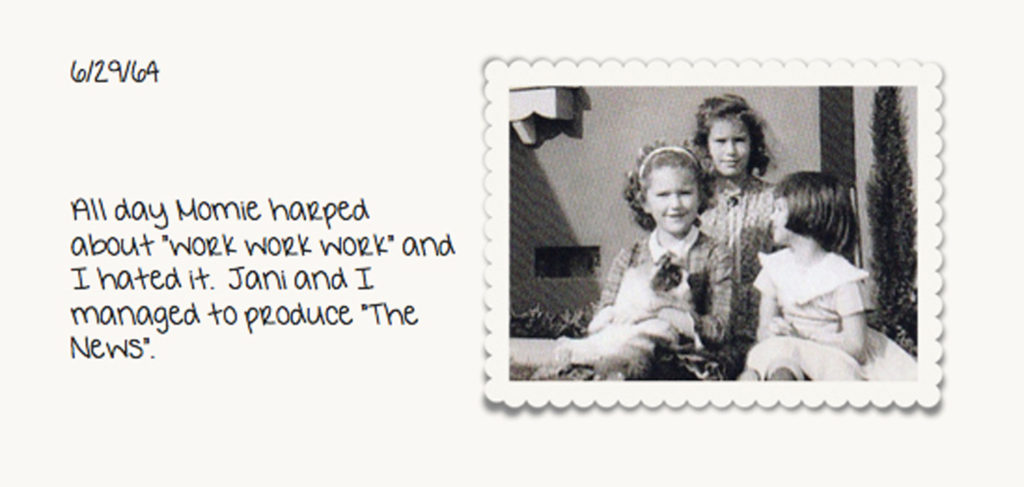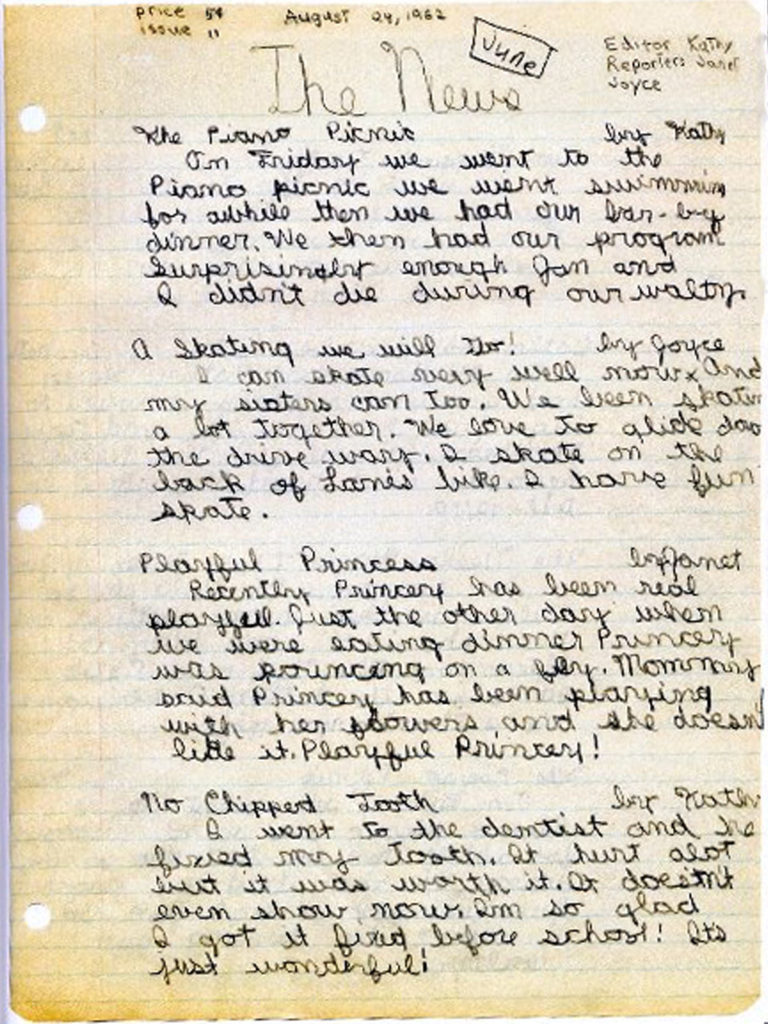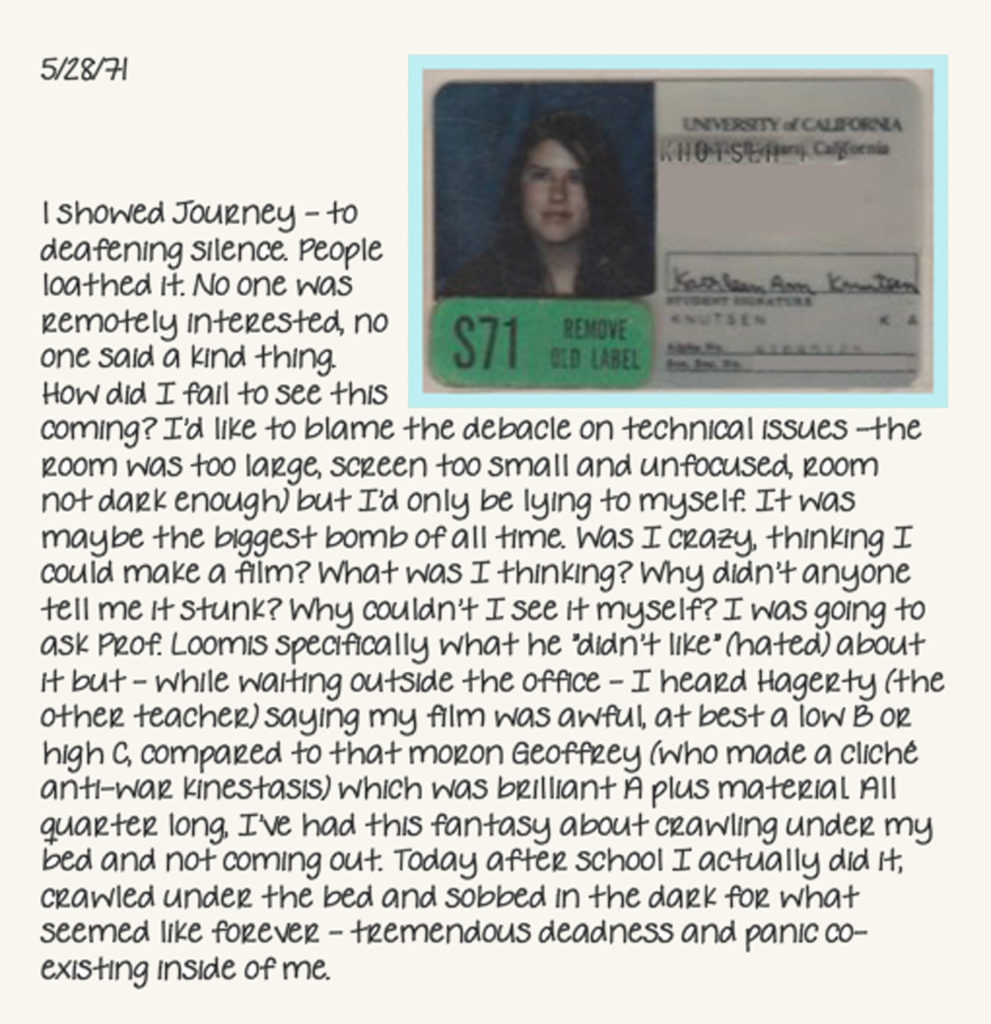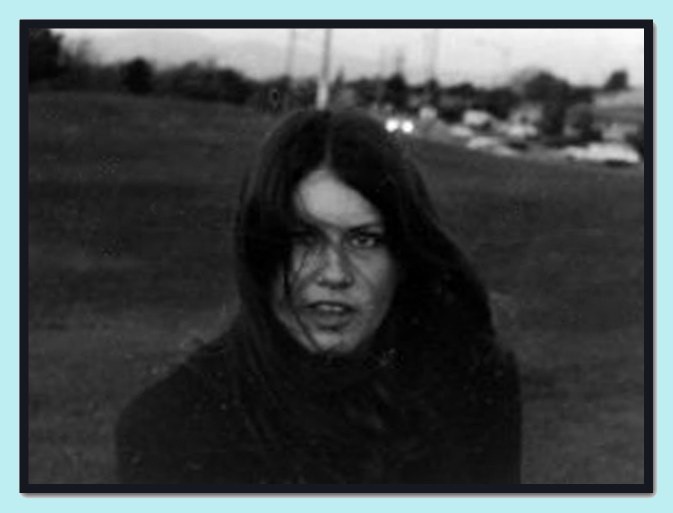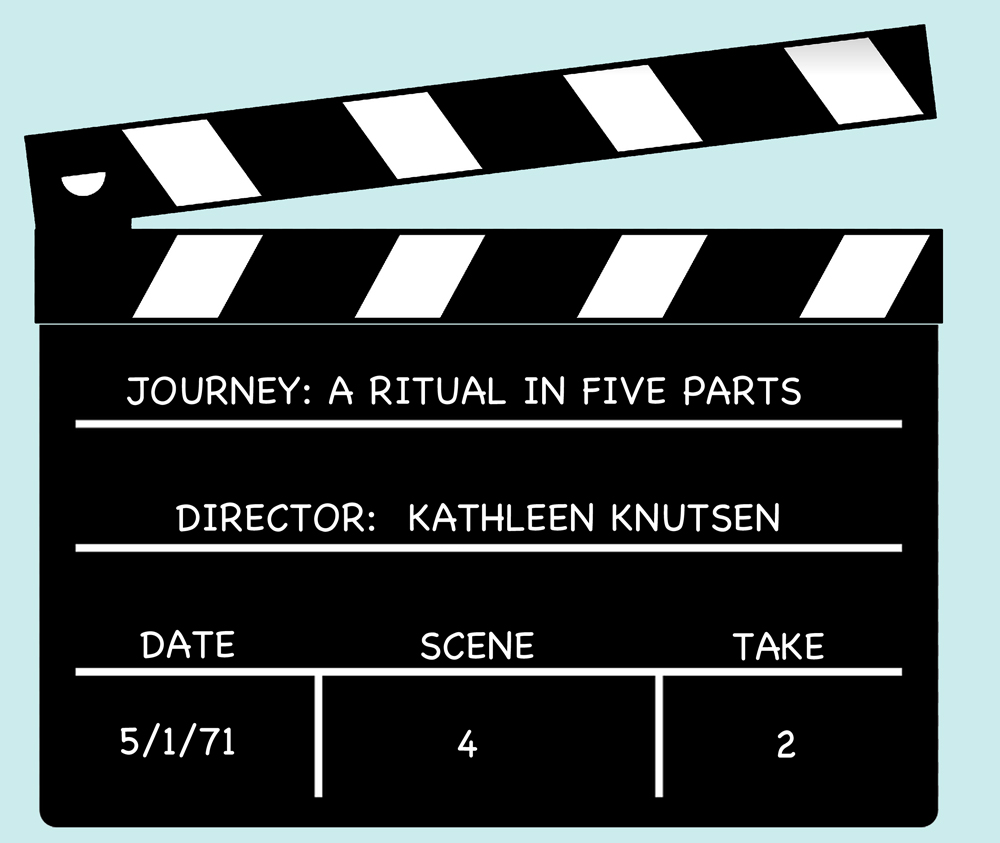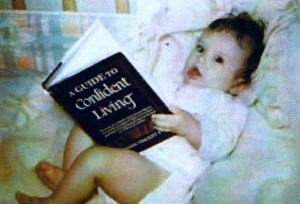
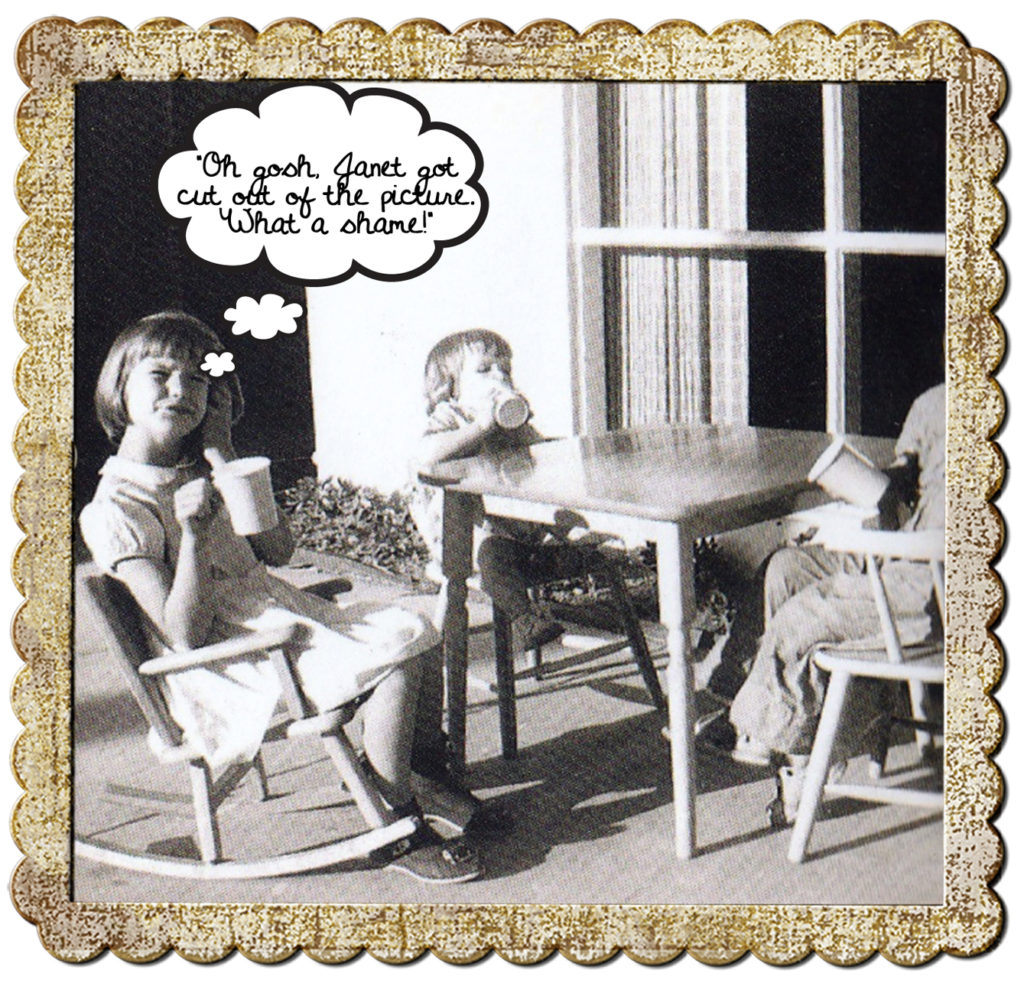
Have you ever noticed how in virtually every fairy tale since the beginning of time, the oldest sister(s) are ugly harpies and the youngest is so clever, kind and beautiful – so gosh darn special – that she always wins Prince Charming’s heart? Sometimes older siblings have no plot function or personality at all – they exist only to make the hero a youngest child.
This blatant favoritism for the youngest sibling didn’t die with old-fashioned fairy-tales like Cinderella and Beauty and the Beast. It’s alive and well in contemporary fiction – Ron Weasley is the youngest Weasley brother and Ginny (the youngest) becomes Harry’s wife in Harry Potter. Ender is the youngest of three in Ender’s game. Alyosha, the youngest, is the most morally pure of the Brothers Karamazov.
The purpose of fairytales and myths is to teach children about life. What lesson is an oldest child supposed to take from this bias? No wonder I look so ticked off in childhood photos of the three of us. The subliminal message in myth and lit was I didn’t count in this story. I was a stage prop, meant to do something venal and stupid and exit to make way for the chosen one, the good one – my youngest sister Joyce.
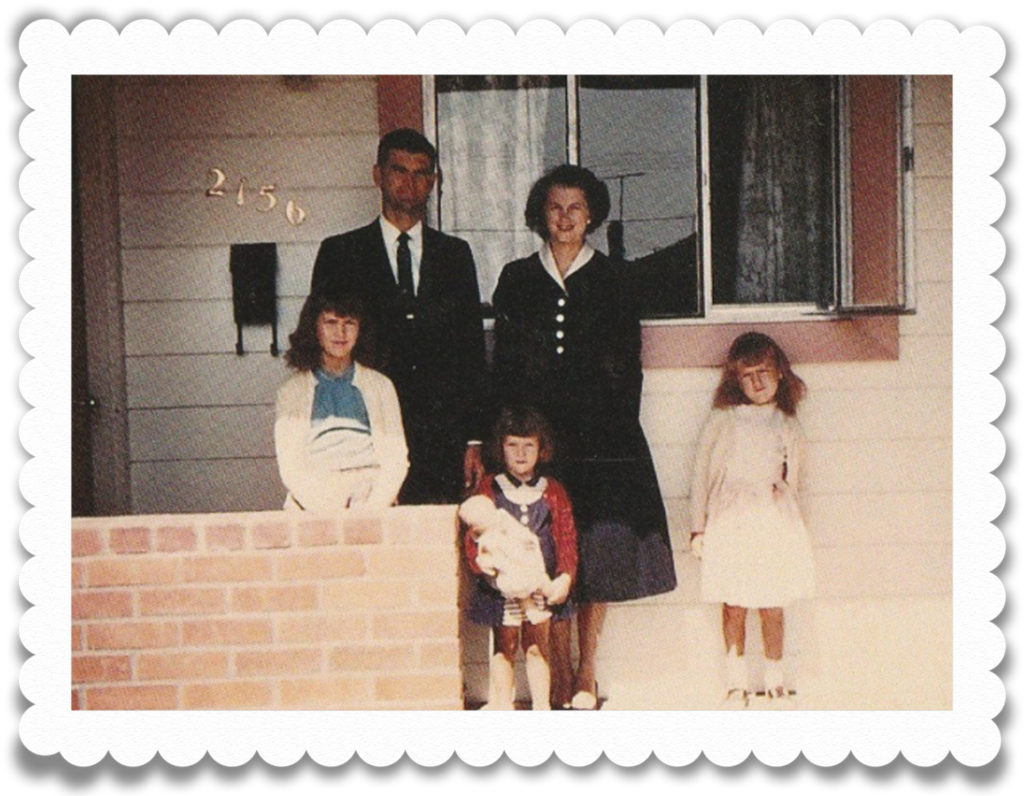
If you’re interested, there’s a list and explanation of this trope at
http://tvtropes.org/pmwiki/pmwiki.php/Main/YoungestChildWins
And if you’re in the mood for some sisterly snark, follow these links to either or both of these photo galleries – My Two Years and Two Days of Bliss (link) and Kathy Vs. the Alien Baby. Pictures don’t lie!
